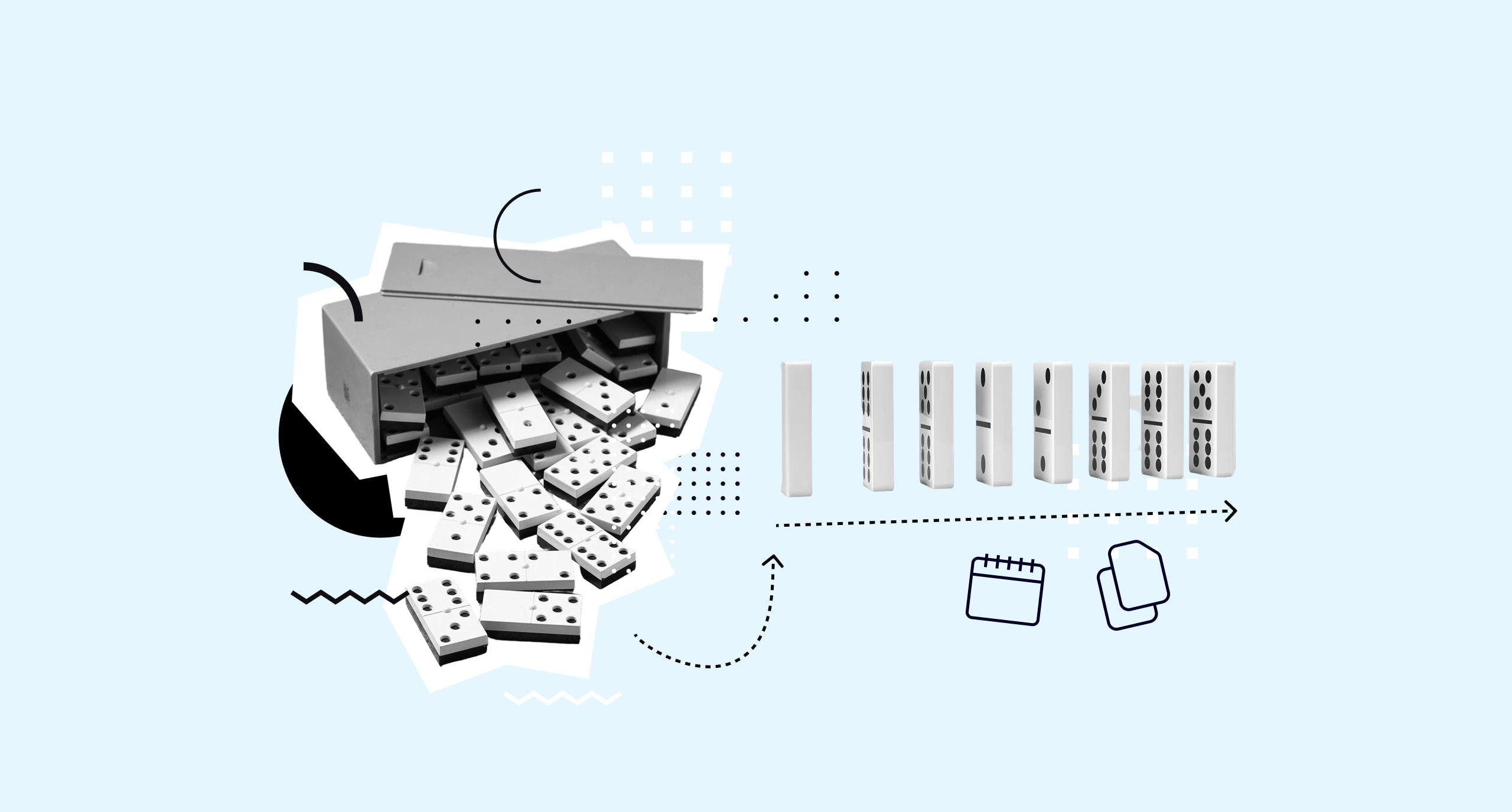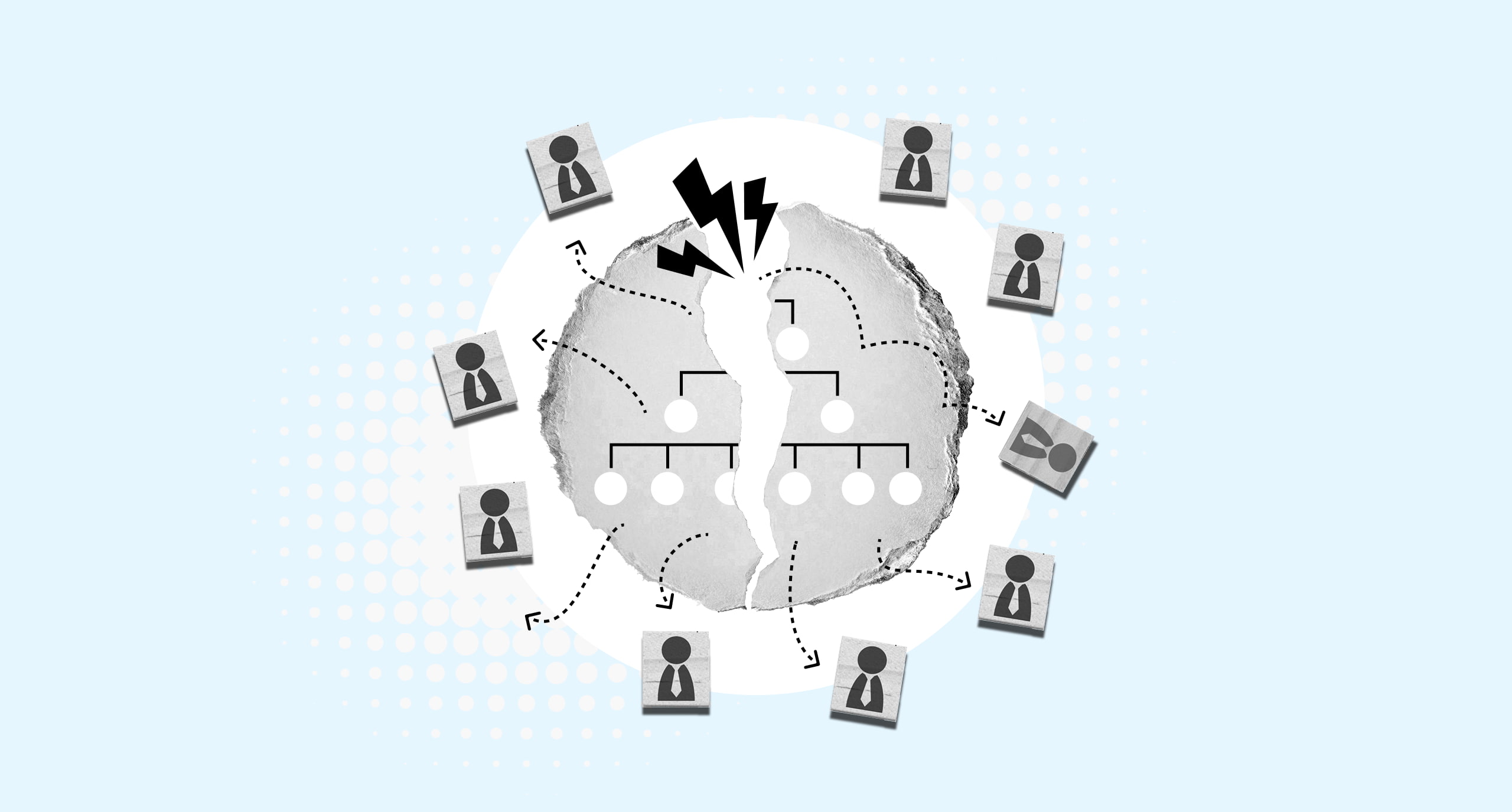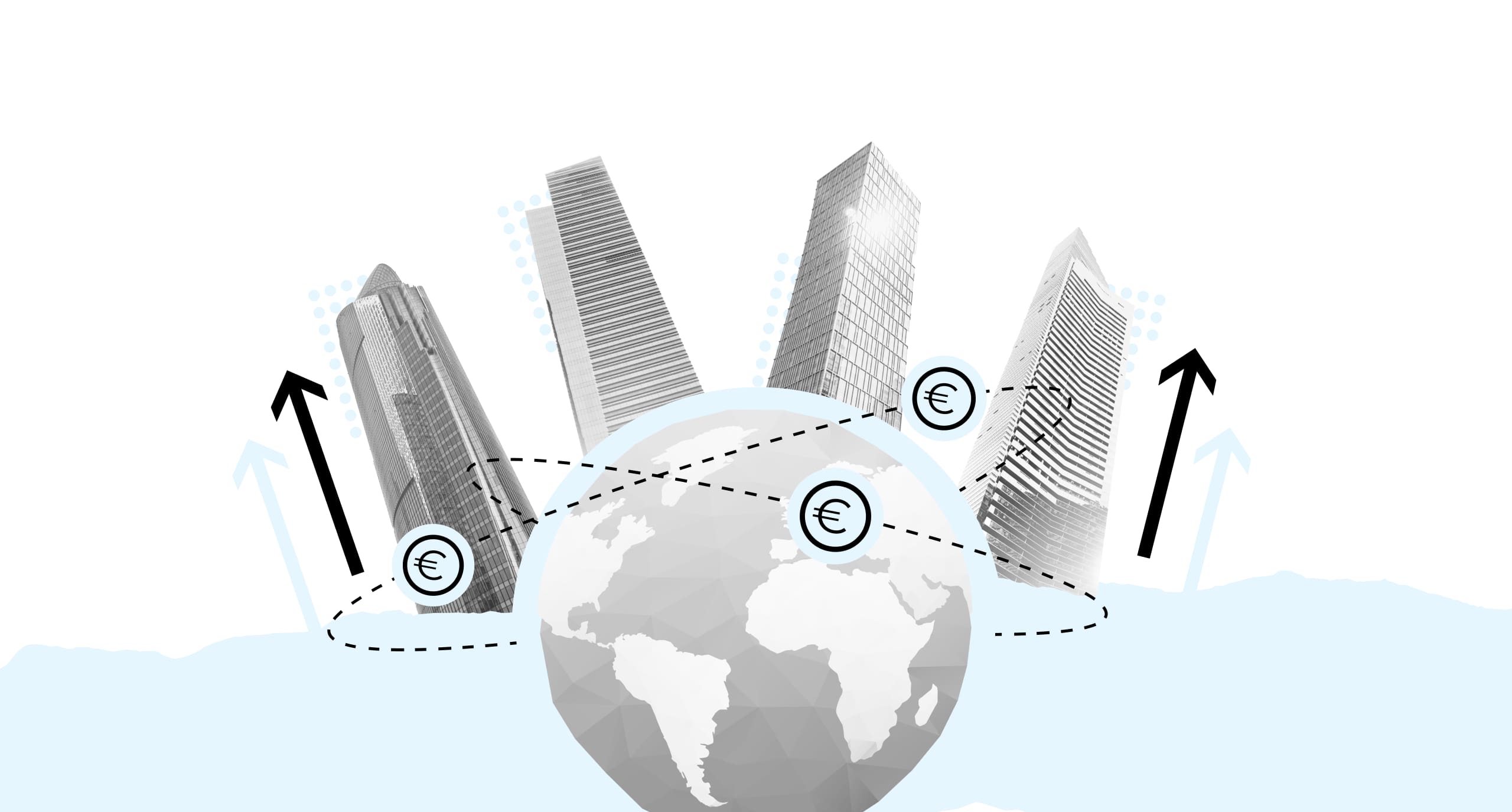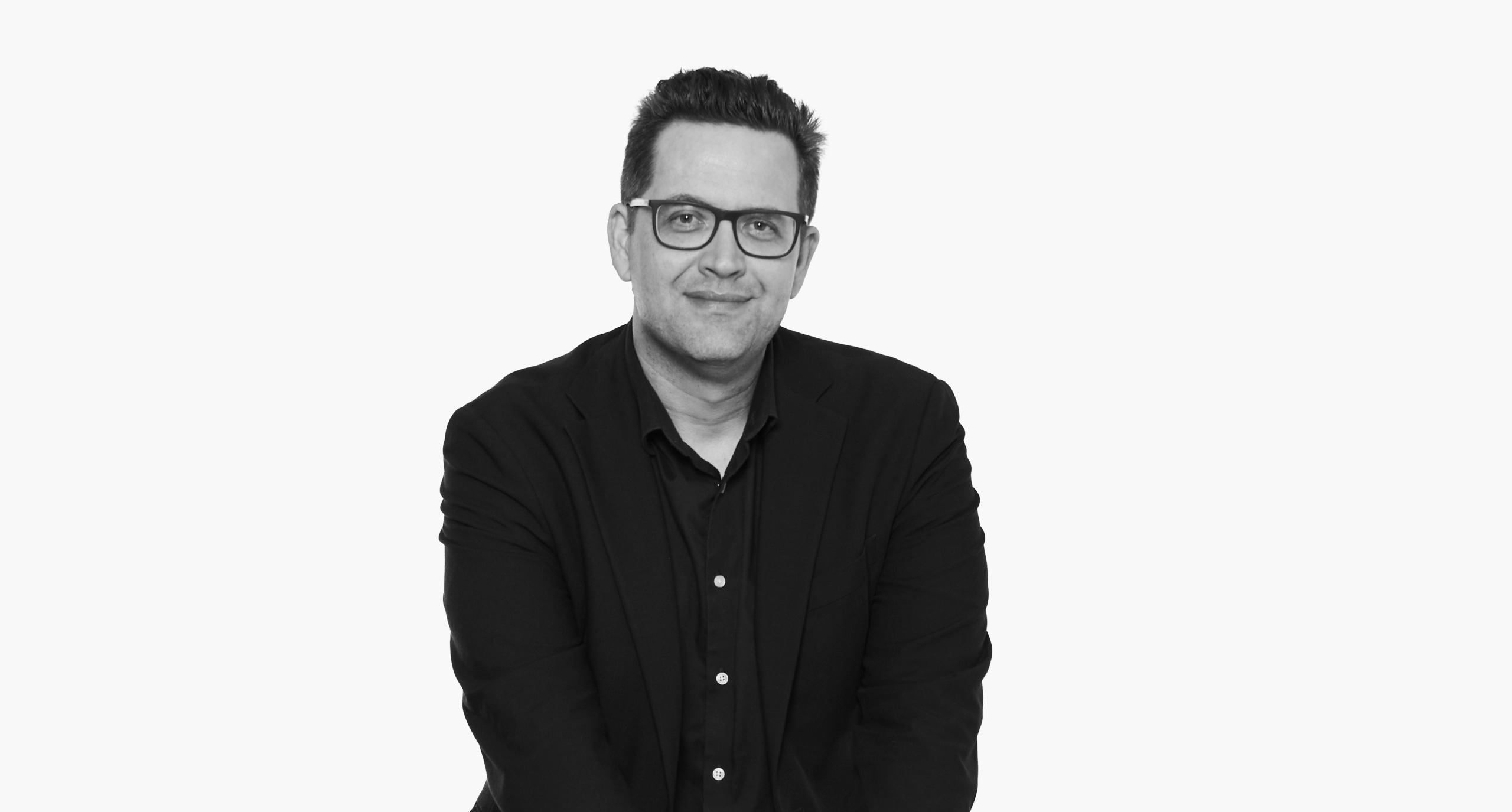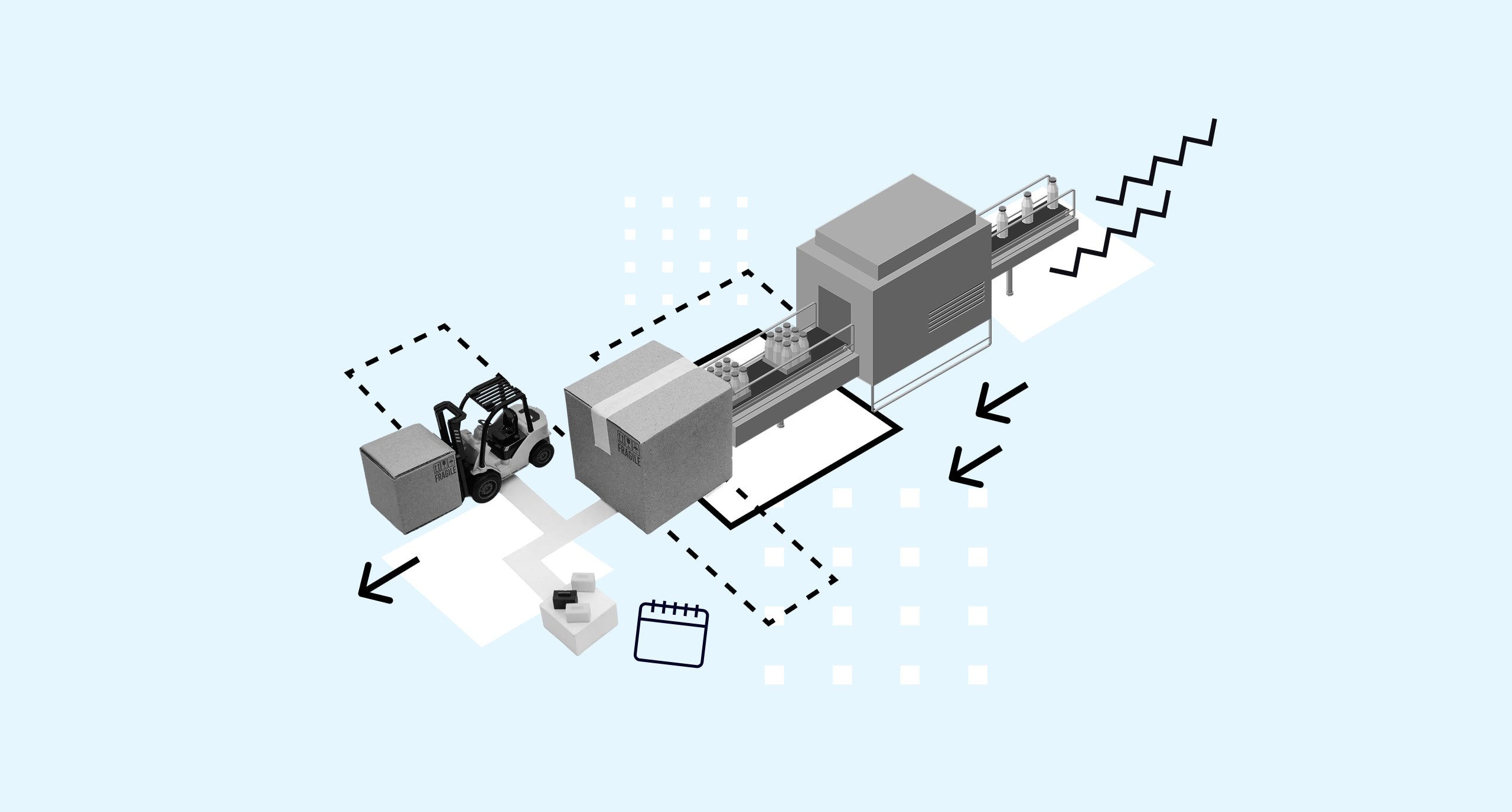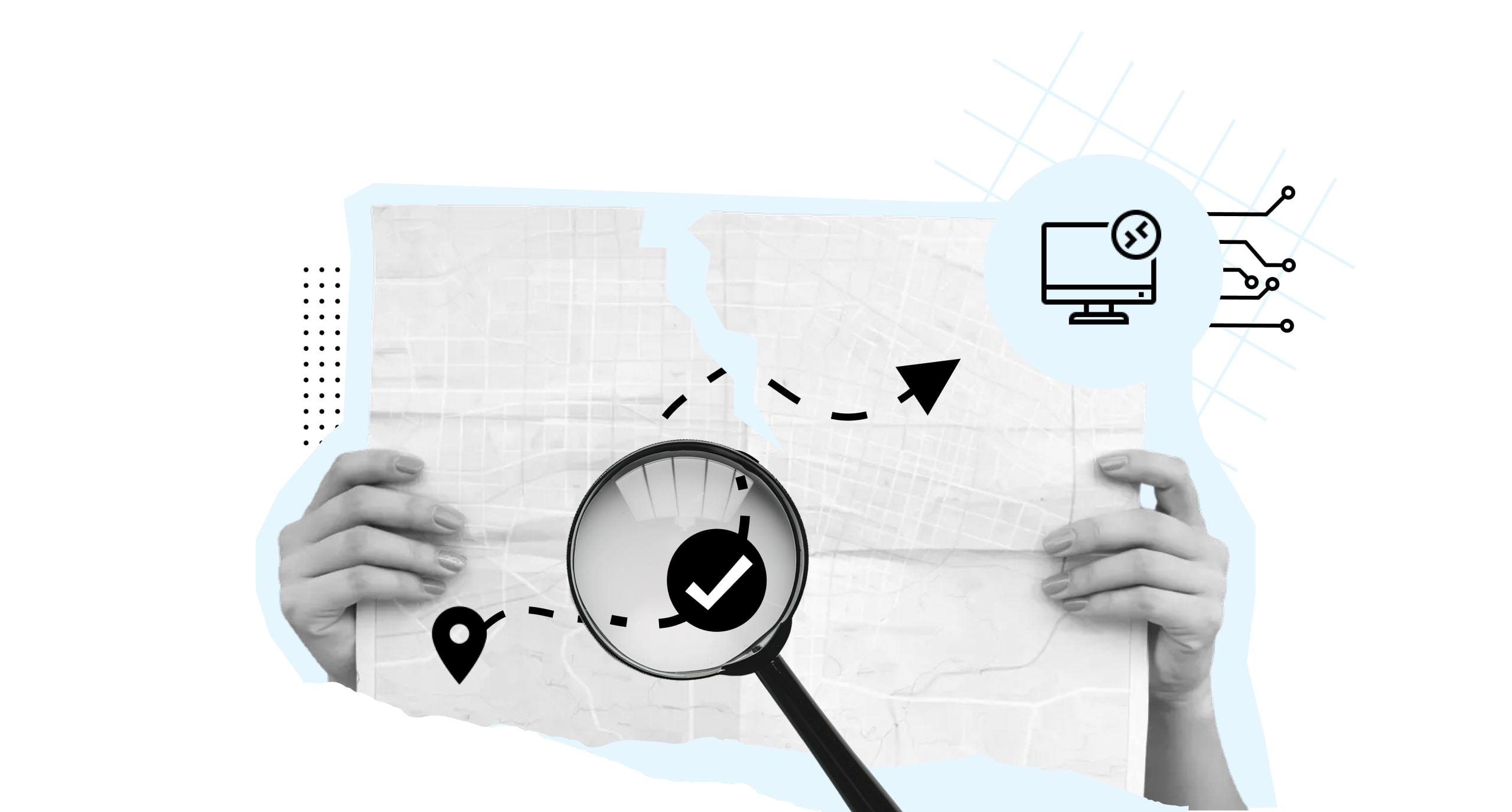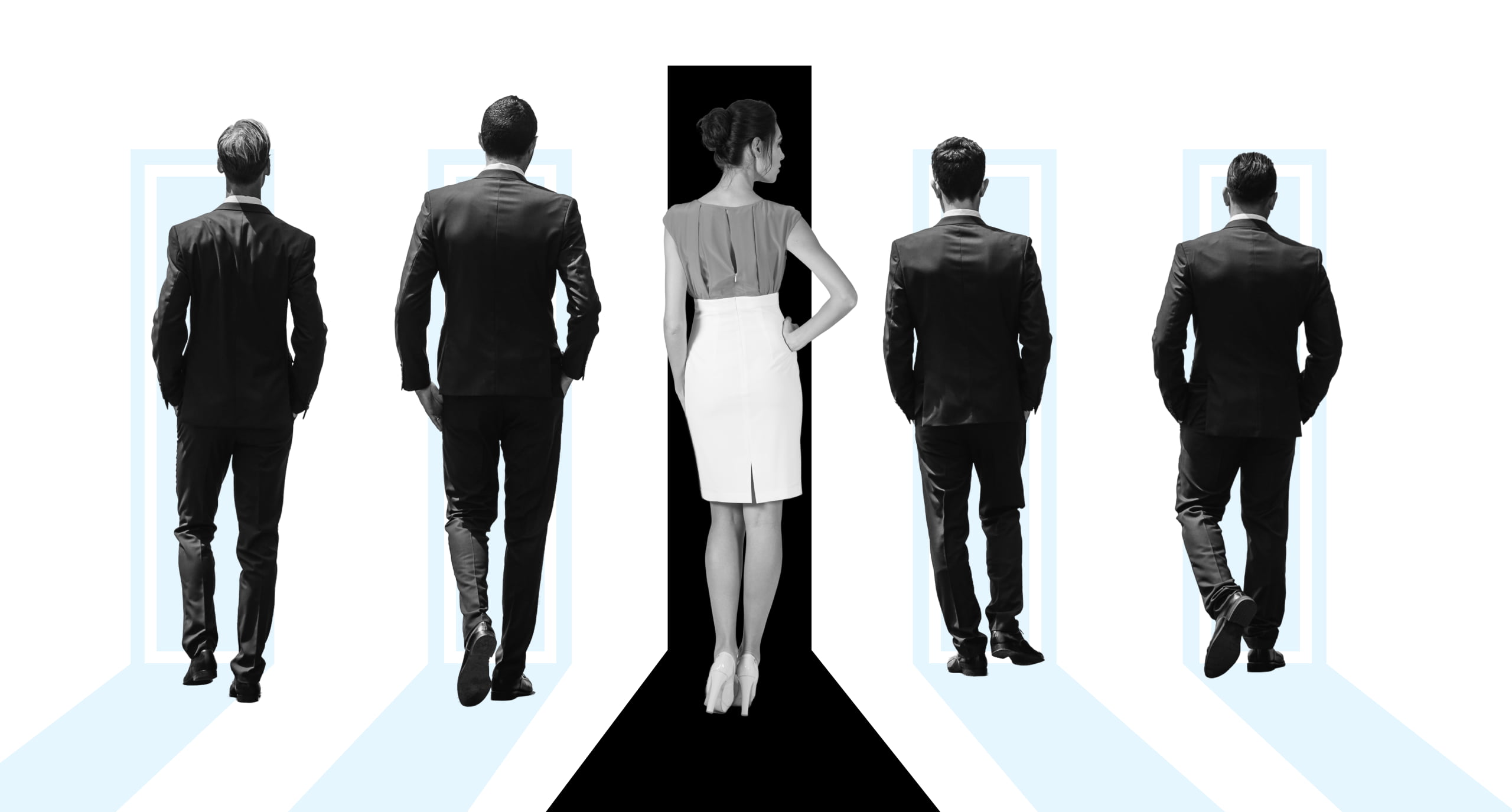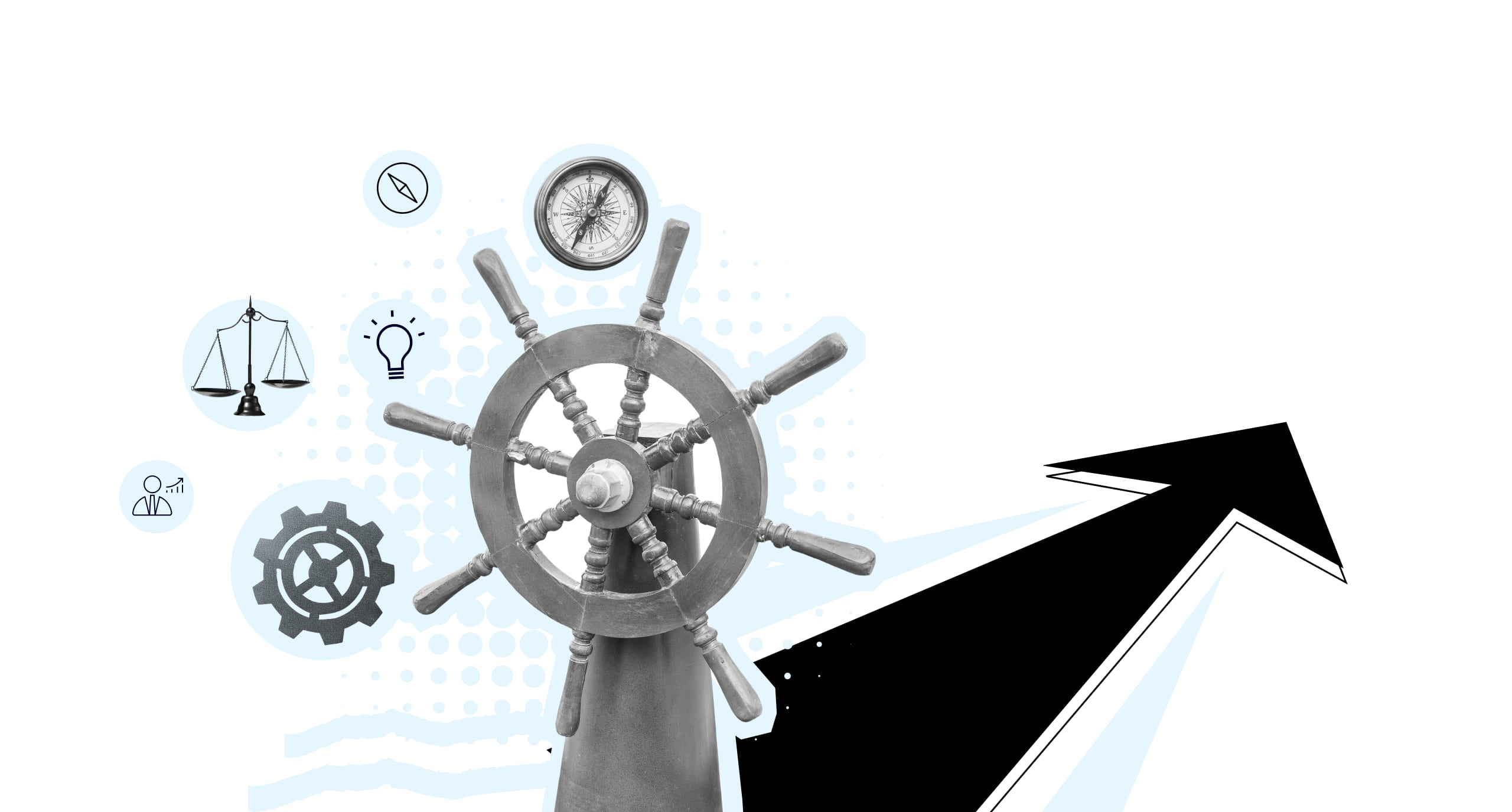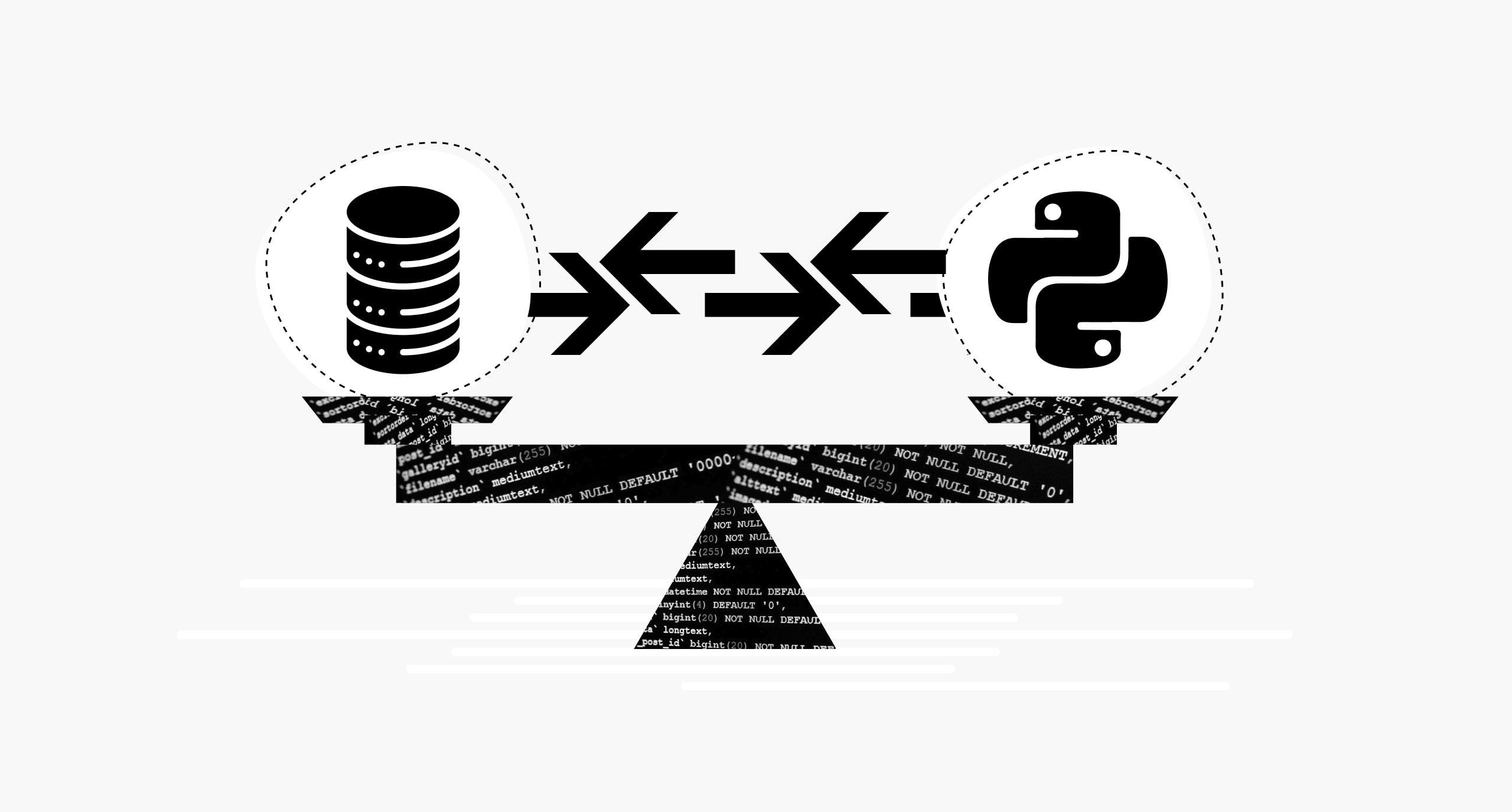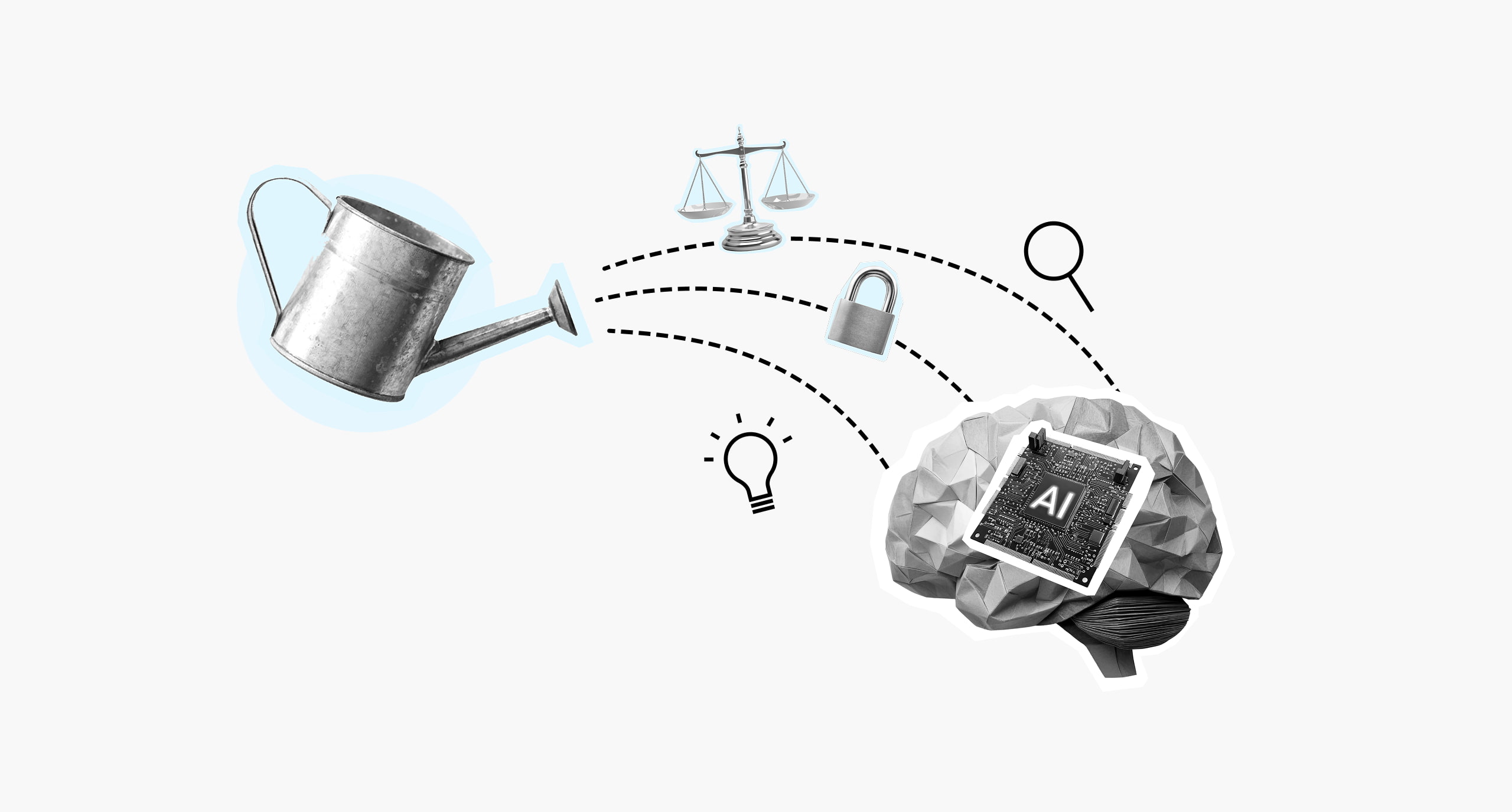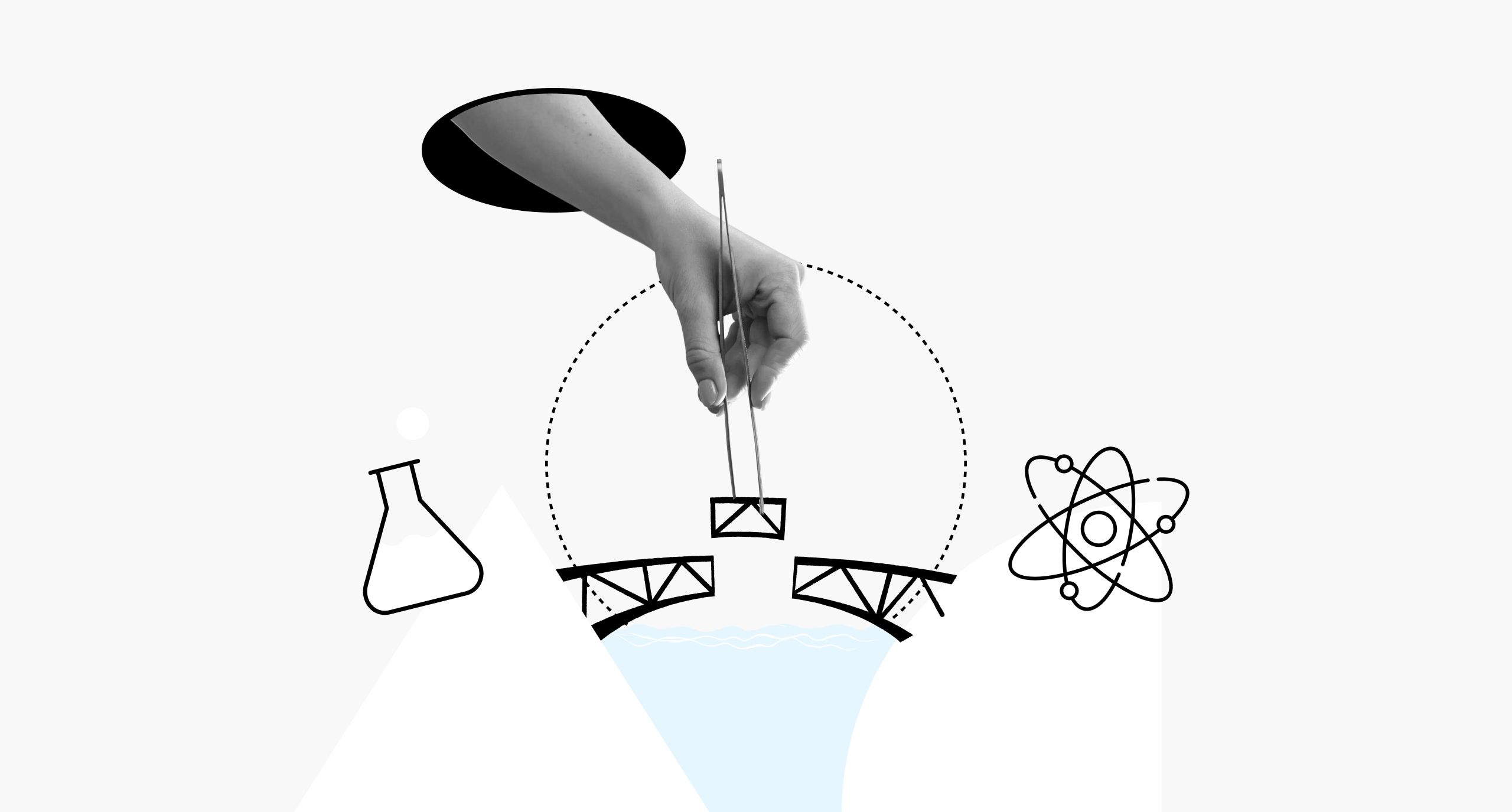The Master in Finance from IE Business School is designed to give students firsthand insight into the realities of modern financial markets. Toward the end of the program, students have the opportunity to complete a final project geared to test their practical skills, ensuring they are fully immersed in the finance world and ready for the world of work.
Students have plenty of options in picking their final project. They can complete a CFA competition project, produce corporate valuation projects, execute a portfolio management practicum, consult on a microfinance project in Ghana, complete academic research or write a case study.
Furthermore, throughout the program there are various optional add-ons, designed to give them practical experience in real-world situations.
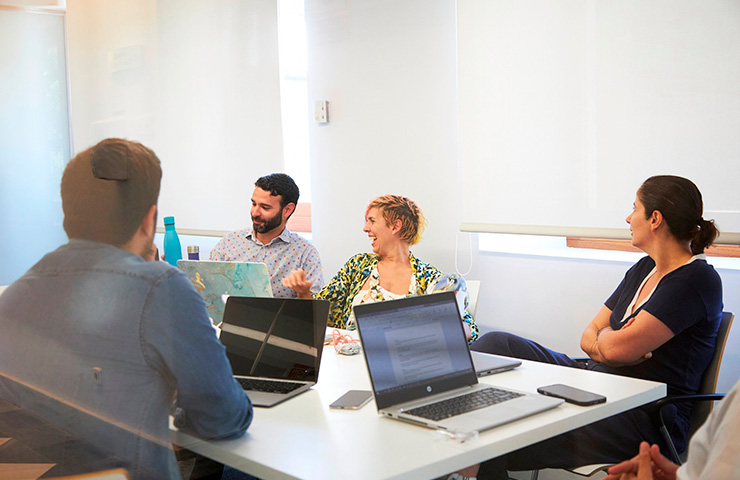
In the students’ own words
The Master in Finance uses a hands-on approach from the start. Graduates of the program can, when they put together their CVs, point to genuine and practical experience working on real projects for real clients. Throughout the course of the program, there are numerous opportunities to build connections with exchange initiatives, talks and conferences and immersive trips to global institutions. All designed to act as springboards for career success.
François Gautier, Afonso Oliveira, David Gordo and Szabolcs Fulop Laszlo chose to complete a corporate valuation project. Hailing from France, Portugal, Spain and Hungary respectively—and perfectly demonstrating the international nature of the IE Community—all four have backgrounds in business or finance.
For their final project, they teamed up to complete an evaluation of Telefónica and assess whether the multinational telecoms group should sell their Latin American businesses. Speaking on behalf of the team, François said of their approach, “We thought about this project as one that could really allow us to put into action what we’d learned. We also thought of it as a good way to dive into strong financial modeling, alongside more complex operational challenges.”
Working with a mentor
“The goal of this project was to face a real-life, high-scale professional scenario in which we would be able to develop and show our skills learned,” François told us. To help them do that, the team was mentored by Andres Gutierrez, adjunct professor at IE University and an entrepreneurial expert with a focus on innovation and internationalization.
And it’s clear, from the freedom he gave them, that Andres felt they had learned enough to drive the project forward themselves. “He actively collaborated with us, providing good feedback but allowing us to develop our own solutions and conclusions,” explains François. “We had full autonomy on the project and that allowed us to work in a very professional way.”
Not designed to be easy
In a taste of the real world of work that the team will encounter in their professional lives, the project was not without its difficulties. “We encountered many early challenges, especially regarding the different assumptions. Since we modeled the business per country, it was important to perform due diligence to get accurate numbers and reach a fair value for the project. We eventually managed to get quite accurate numbers and a final valuation close to the one forecasted by professionals,” François told us.
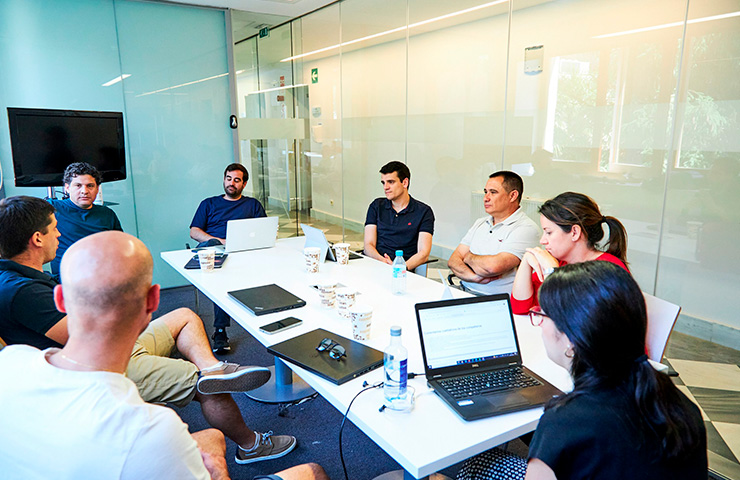
These challenges are important tests of students’ resilience and abilities under pressure, while also allowing companies in the sector to see how the candidates might work in the real world.
And it’s clear the whole team gained a great deal from the experience. “For us the goal of this project was really to face a real-life, high-scale, professional scenario in which we would be able to develop and show our skills and learnings from IE University,” says François. “It has been a wonderful experience.”
An approach that works
The effectiveness of the approach is clear in the team members’ own successes in finding work already. Szabolcs has secured a position at the Boston Consulting Group in Budapest. David has secured a coveted internship at Amazon in Luxembourg. Afonso is also in Luxembourg as a private equity intern, and François himself has a full-time position at Société Générale in Paris.
It’s essential for people looking to launch a career in the competitive world of finance that they have an edge over the competition. IE University’s hands-on approach and real-world, immersive learning means that when students graduate, they have that edge. The real-life experiences and global connections they gain in the Master in Finance give them that edge.
Looking for a challenging but practical program to launch your career in finance?
Prepare yourself for the rapidly changing world of finance with a program that is designed to equip you with the skills needed for a rewarding career.

